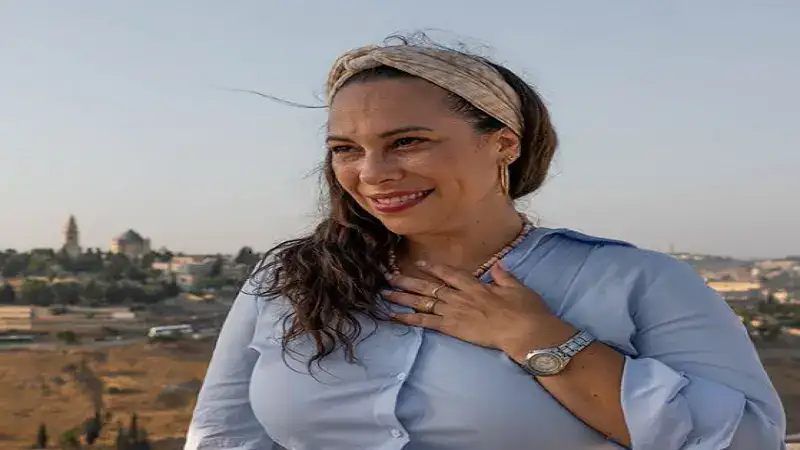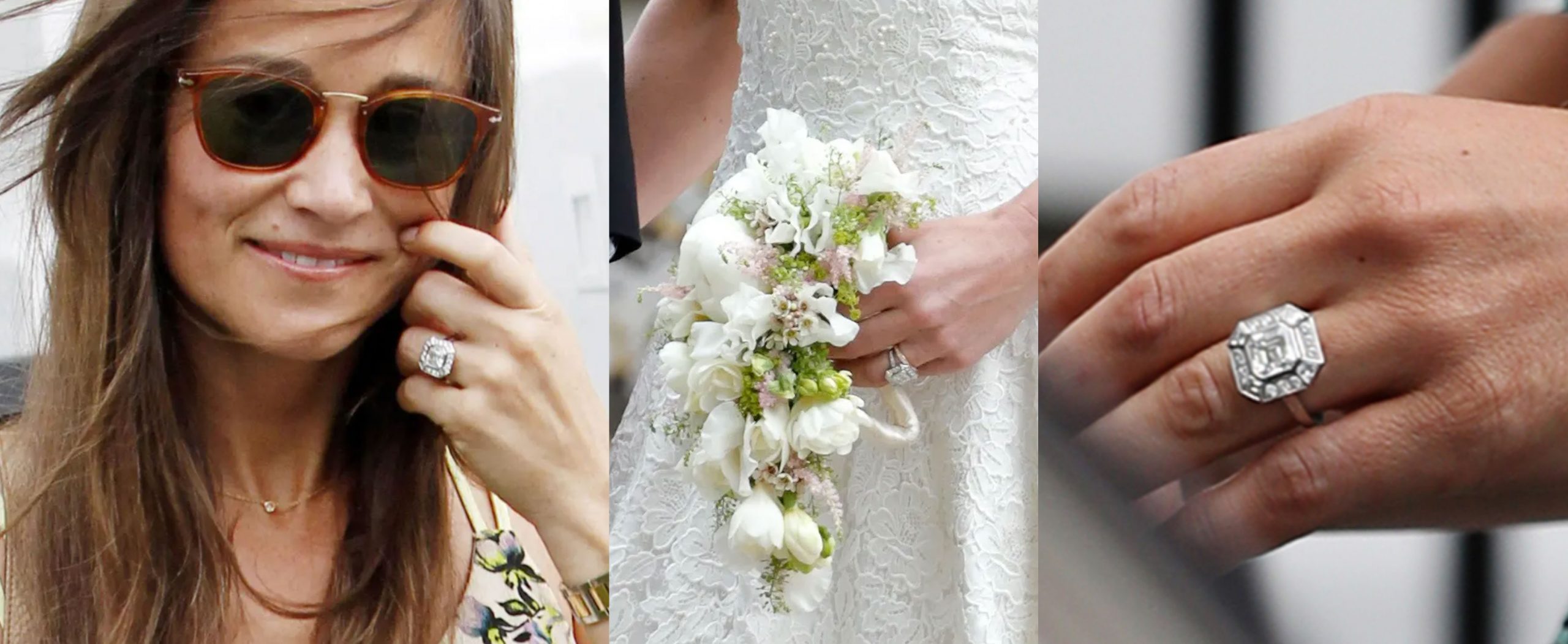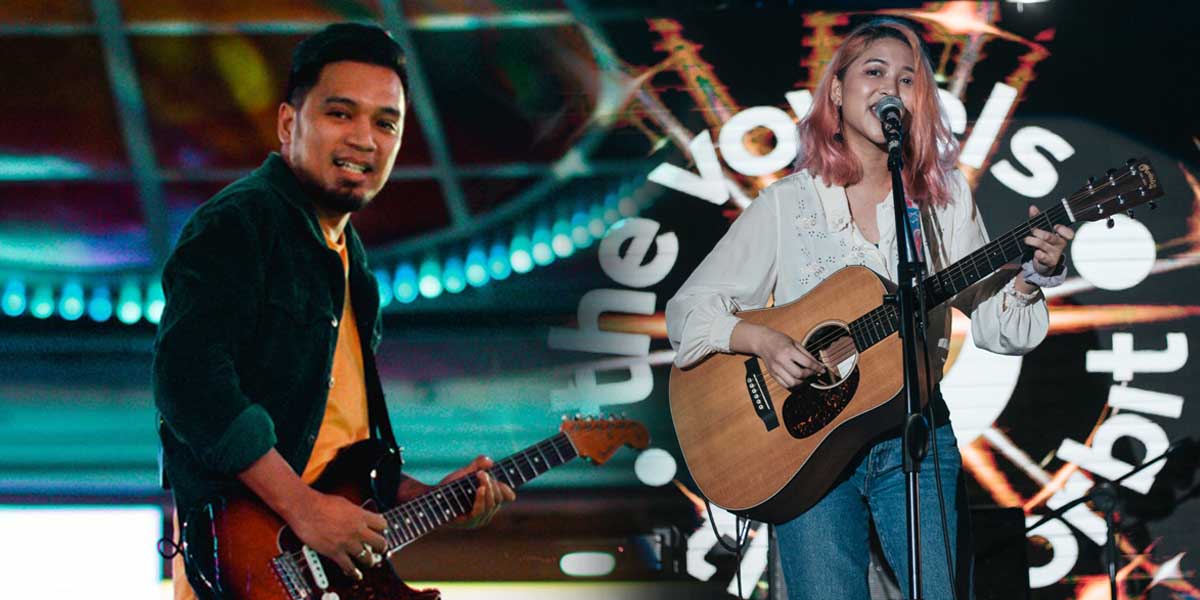What Upcoming Do You Want for the Artwork Environment?
What do you experience is most significant in lifestyle ideal now? This is the driving concern of the Art & Culture Census, a new venture launched by BPL Presents — the arts and lifestyle division of Brooklyn Public Library — with each other with author and curator Laura Raicovich and in partnership with Hyperallergic. Collectively we’re taking stock of improvements in society by hearing from anybody who needs to take part in the census, commencing with a survey that can be accessed listed here.
The results of this small questionnaire will give content for the formation of performing teams produced up of customers of the public, structured by Brooklyn Public Library around the winter and spring of 2021. Both the composed opinions and the results of the performing groups’ conversations will be offered at an expanded convening — inviting NYC residents, artists, art appreciators, national and international arts employees, museum and general public institutional administrators and personnel — with the goal of spurring new means to share art and tradition in community areas that will best serve the broadest collective possible.
In this interview, Laura Raicovich, previous Emily H. Tremaine Journalism Fellow for Curators at Hyperallergic, joins Brooklyn General public Library’s Vice President of Arts & Lifestyle László Jakab Orsós and the library’s visual arts curator, Cora Fisher, to communicate about how the venture arrived about and in which they hope it potential customers.
* * *
László Jakab Orsós: So, we have been operating on the Art and Culture Census for months now, amidst the very true problems the entire world is putting right before us right now. But just envision a paradise, a long term of the art earth we want to invite into staying. In that new framework, how do you see a classic establishment (theaters, museums, analysis facilities, libraries, galleries) positioned?
Laura Raicovich: My 1st instinct is to say that classical institutions have to have an understanding of critiques as sorts of radical care, fairly than as instances whereby they are forced to defend by themselves. Maybe that’s not pretty paradise, but a action in the direction of paradise: to essentially get critique and protest in an completely various way, alternatively than triggering the sort of monolithic, community-relations-fabricated reaction and only variety of listening to what union organizers or protestors or even just your staff members have to say.
Further, probably that paradise needs another way to consider the publics of cultural institutions. Suitable now, there is a ton of wonderful programming happening, but it may possibly not be going on in a way that facilities treatment for audiences, publics, personnel, artists, and so forth. Or probably it only displays care for some sub-phase of that populace. To me, the paradise practical experience would be to be capable to notice tasks that are deeply significant, that join art and life in some way, but are also really sustainable for every person included. And that is exactly where the census will come in. How do we know what people today want? Probably we just request?
Cora Fisher: I are inclined to see this dilemma in a genuinely structural way. In an great environment, 1 move to paradise would be for establishments to truly sit and imagine about what sustainability might glimpse like — not just in phrases of who’s sitting down at the desk, but how items are economically structured — to heed these extremely powerful social and financial critiques that artists are presenting to modern society at large and try to product the improvements. Of study course, to do that, the more substantial economic climate implicates philanthropy and the basis worlds and federal guidance and all of that, but perhaps even a larger reimagining of how we do issues, like looking to other nations around the world for circumstance scientific studies of what could genuinely perform in an American context.
The process of us working jointly has definitely tracked with the whole pandemic in the sense of you just never constantly know, and the ideal that you can hope to do is clarify intent, applying this pandemic to reassess how we can reshape the establishments we intersect with, function with and for.
LJO: We can explain capitalism as styles closing in on us and on our lives and leaving no oxygen, no space for failure, no home for non-anticipations, no space for losing on your own in just about anything, in your individual lifetime, or in any experiment. And that, I feel, is vastly risky. And this pandemic definitely drop light on this. If you converse to mates, absolutely everyone goes as a result of the same trajectory: panic and revelation … It is continue to a pretty amicable reminder to modify, which we may well right away fail to remember right after the initial vaccine.
LR: At the finish of the working day, I actually think in artwork, for the reason that art has the capacity — the practical experience of art in whichever sort you could get pleasure from it or decide to interact with it — has the potential to take away you from those people constraints on your creativity that capitalism imposes. And that it is extremely tricky — owning all features of our life described by capitalism in this second in background, it is quite tough to appear out of that. And this has been the only moment in my everyday living when I’ve ever felt — it seems like this kind of a horrible matter to say, since so lots of people today have died and so much horrible has took place, but it also is a single of the times — 1 of the only times in my everyday living, where by I experience the potential for actual shifts in how we envision the entire world.
LJO: So, in that new period, the new planet, how do you see yourself? We are all performing identical or approximately equivalent matters. We contact ourselves similar names: curators, presenters, art leaders, executives, whatsoever. Does hierarchy have a place any more? Can hierarchy be eliminated in that globe? And finally, what would you connect with on your own in that new process?
CF: I have been thinking about this query via this entire pandemic, because there have been so lots of examples of mutual support and cooperation and aid. But I definitely retain returning — and not just in the context of art, but in life, to this issue of: What is energy with out hierarchy? Just inquiring the problem opens for me a type of perfectly of exhilaration. And I imagine that in just that new world, it would be extra about developing networks of interactions that are really collaborative and horizontal and exactly where we would certainly have to undo a ton of the ranks and titles and names. So, I guess, in that house, I would want to be an ally to artists and a facilitator. That probably would be 1 way. But it’s possible it would be feasible to come up with even much more poetic names for just about every other: listener, mediator. I do not know what they would be.
LR: I experience like my sensible self thinks about hierarchies as they can be useful, proper? Like, for instance, when I was functioning at the Queens Museum, when I commenced, it was a really flat staff structure. What I identified was that some team did not have plenty of folks to inquire what they required, to get responses to do their work. And so, we established hierarchy, to empower the men and women who had been in want of support assigning people today who had been “above” them on the hierarchy to aid them. It wasn’t making use of energy to exert affect on those people today who described to you, but to offer support for your workforce in purchase for them to attain their do the job, to provide them extra of what they wanted.
LJO: We attempt to picture how we can imagine of art as a phenomenon devoid of clear boundaries. How does this transpire today presented the corporatization of practically all sides of tradition? And as we are chatting on the library’s behalf, I have to say that it was just announced that Penguin Random Property and Simon & Schuster are merging — communicate about superpower, talk about the company framework descending on artwork. Do you assume there is a way to avoid this or is it created into the technique that we want to see it rotting absent before we can start creating a new a single?
LR: Or resist it? Or what we visualize maybe just occurs in a parallel universe? Just one thing that drives me nuts correct now is all this speak of post-election unity. People today who are like, “Oh, we have to have to speak to Trump supporters and comprehend them and blah blah blah,” and I’m like, “No fucking way!” That is a squander of time. It is everyone else we want to talk to. In a way, there’s a parallel to this in the artwork globe. There will constantly be diverse kinds of artwork, and I guess I want to identify areas and realities that could just function on completely unique registers than the rest. In no way are these unique areas, but they are fundamentally various. And they are usually heading to come with a quite certain position of watch.
CF: Is it doable to picture a sort of utopia for arts and culture that is distinctive to our particular historical moment exactly where we face some of the same problems that other countries have faced/face: disinformation and a swerving to the political appropriate and a really strong consolidation of electric power to pretty handful of folks? Do we have to re-envision utopia by itself?
LJO: I don’t feel that utopia really should be re-imagined, but our expectations undoubtedly will need to be reassessed — indicating, what we be expecting from artwork and finally what we expect from just one one more, how we want to reside together. And which is a substantial job that has an result on almost everything. It unquestionably normally takes courage to immerse into our very own everyday living a lot more and also in the life of other individuals —fully having component in modern society and politics. It obviously means using risks. Our lives under the duress of capitalism turned way too sanitized and extremely important. We have to have to interact a lot more and finally suffer the consequence of this immersion. Delve into daily life more, arise from it and get completely ready for a different life working experience. We want instruments for this trajectory and art can absolutely offer you some extremely handy ones. To me this is a utopian vision.
LR: I love that — a visible of men and women diving in and delving in and emerging and re-engaging, simply because I consider that in a feeling the want — understanding what is wished-for from the publics that we’re asking to participate in the census — is, in a way, attempting to visualize what invitation would provide any person to delve and emerge and re-delve once more, proper? I assume exactly where we are now is in this pre-enactment phase the place we’re seeking to visualize the matters that will make this kind of iterative, collective exercise, cultural activity.
CF: What do we need to have to do ourselves?
LR: I usually go back to artists with whom I’ve labored for answers to issues like that. I worked on this definitely amazing venture with Jeanne van Heeswijk called “Trainings for the Not-Yet” at BAK in the Netherlands. These trainings were being wrapped all-around how we sit together or make place for every other and how we maintain back again the things that we drive in order to be able to re-prioritize how we enter a space, how we sit jointly, or how we share area.
This considering is section of a lot of anti-oppression get the job done and anti-racism do the job. Recognizing our individual individual positionality inside of a presented context and confronting it. Looking at that positionality is crucial to being familiar with what variety of an impact we have, past even our intent, if we communicate now or if we hold off and just maintain off on what we may well desire personally to come across anything else that’s considerably extra significant to collective effectively-getting.
So, I feel this thought of participating in a very self-knowledgeable sense fits with my desire for a self-reformation in terms of how we have been taught to behave as a leaders, as society personnel, and many others, in get to be ‘successful’ the factors that we are taught to by modern society and truly making an attempt to embody a little something rather unique. I’m not fascinated in the Marlboro Gentleman, the lone victor.
LJO: In that ideal planet, I assume we continuously have to master and relearn and view one particular another finding out. It is a tribal encounter.
LR: Yeah, I suggest, that immersion is a privilege. And so how do we make that available?
LJO: As a result of our census survey thoughts, truly, we are aiming at this, when we talk to people to identify an practical experience that they realize as becoming an art sort. Cooking at residence, or remembering that meal a long time back, is to me the great embodiment of what I’m anticipating from our survey.
LR: And what types of solutions would surprise you most to the Artwork & Culture Census?
CF: Exactly these that I just cannot hope, that are outside of the bounds of the prescribed inquiries. Maybe it is a phrase, an articulation of a chance that can surpass a small little bit the constrained vocabulary of the present discourse all over the challenges that we want to tackle.
LJO: I’d be really surprised if people today would come again to us expressing that they really do not care. Which means that what we are seeking to propose listed here to people as a prevalent floor would tumble flat, and they would say, “It’s irrelevant. I never want to go to see any exhibits, any activities … I don’t even want to believe about these issues. Thank you.” I’d be quite amazed, because I consider we are carrying out this in the hope that we are tapping into a mutual, just about visceral ground. And if that visceral realm proves to be nonexistent, then I’d be devastated.
LR: I also think that the answers that we’re not anticipating will also stage to our collective blind spots.
CF: And I hope they illuminate some associations among artwork and everyday living that, you know, are emergent and that are going on appropriate now. Like just pondering about mental well being and how precarious people’s life are appropriate now, can we however keep the room of society, the house of collective shared ritual and artwork as a place that matters—
LR: Or are we just much too fatigued by the relaxation of what lifestyle is demanding at the instant to be able to respond that way?
There’s something to me that is in some strategies incredibly hopeful about the pandemic in the perception that it has established some space and time, whilst not if you glimpse at my calendar, it has developed a kind of wedge for hope, because points stopped or slowed down sufficient to envision that they could be diverse. And of the BLM protests, the solidarity steps for frontline health care workers, the mutual support projects that have emerged have been so hopeful. So, in a perception I want to get benefit of this second, and I consider that perhaps for me has been what’s shifted most.
LJO: The entire pandemic aided me to underline, corroborate, if you will, my obsession that our work and existence overlaps in that nostalgic sense that art is always there to help us to negotiate our questions and doubts. And in this we are in the enterprise of many others. The pandemic designed me bodily crave for this practical experience. So substantially so that I are likely to consider that this is what art is about. The specific in the reflection of other folks. This virtually sacred phenomenon will not tolerate the regulations of corporatization.
LR: I really like that. It’s amusing, I was chatting to a pal, the other working day, and we were being speaking about this actual detail. It’s not just about lacking good friends, it’s lacking the possibility encounter, you know? The probability dialogue that is likely to make the penny fall in a way which is both/and.
CF: Perfectly, we’ll see who’s likely to reply, right? It’s unquestionably not going to be populism with a big “P,” but it may possibly be some other sort of seriously attention-grabbing slice of existence, proper?







